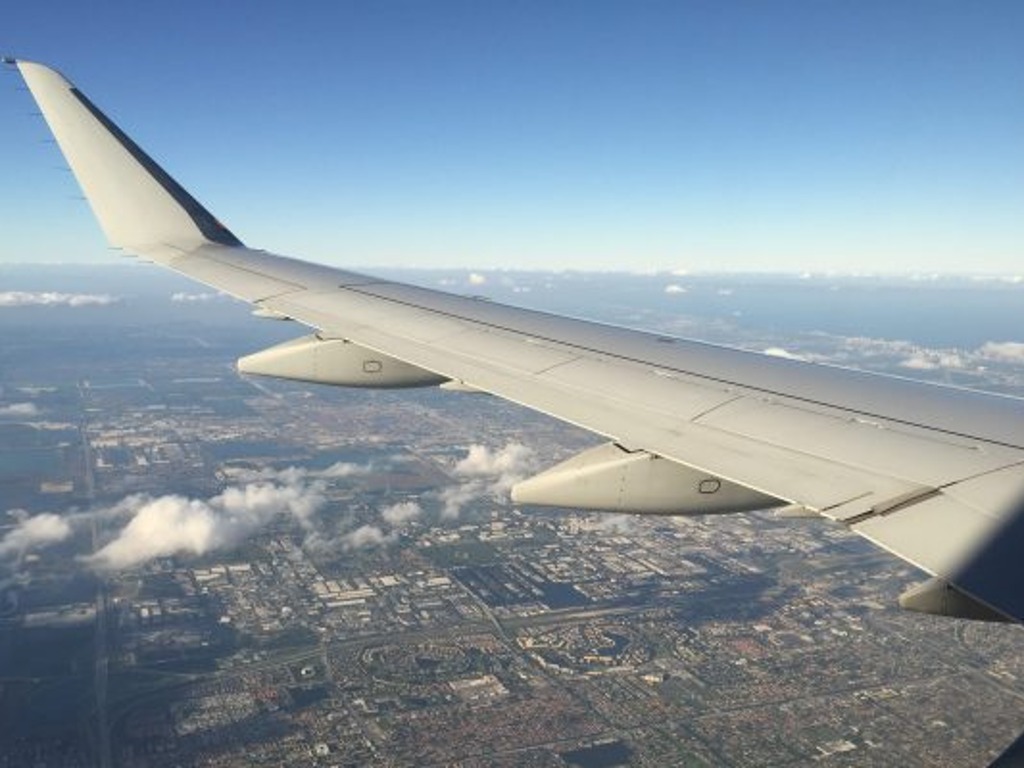Taking The Initiative
Improving air connectivity through a closer co-ordination of tourism and aviation policies to ensure the sustained growth of the tourism sector and of air transport was the commitment stemming from the annual UNWTO & World Travel Market (WTM) Ministers’ Summit (held in London, UK, Nov. 5). Critical issues related to bridging air transport and tourism policies, including the current regulatory framework, taxation and the way forward in facilitating the all travel process were discussed in a panel debate that gathered Tourism Ministers and private sector representatives from around the world.
“It is clear that in spite of the interdependent relationship between aviation and tourism, greater efforts must be exerted by both sectors to achieve an integrated policy position to ensure a more sustainable and competitive growth,” said UNWTO Secretary-General Taleb Rifai.
Speakers highlighted technology, public-public partnerships across government, regional co-operation and investment in soft infrastructure — technology and human resources — as keys to bridge the gap between tourism and air transport policies and promote travel facilitation. Taxation and a regulatory framework still limited in most cases by reciprocity in air transport agreements were pointed as two of the main barriers to the sustained growth of tourism and air transport. The impact of increasingly high taxes on air transport was identified as a particular impediment to the development of destinations with a significant tourism sector and which are highly depended on air lift such as the Caribbean. Currently, over half of the one billion tourists travelling the world arrive at their destination by air, and according to UNWTO’s long-term forecast, by 2030, air transport will be the principal means of travel by 52% of all international tourists.



